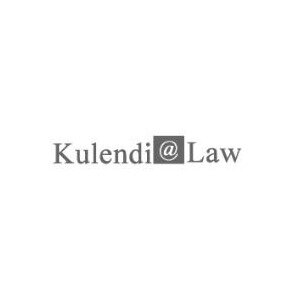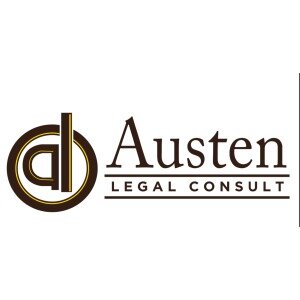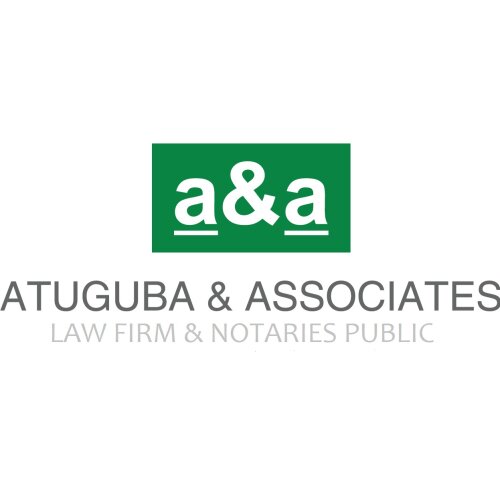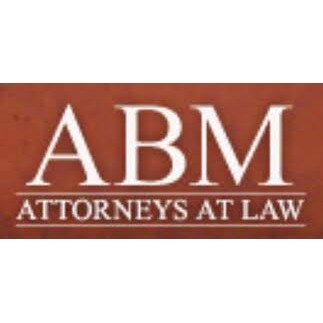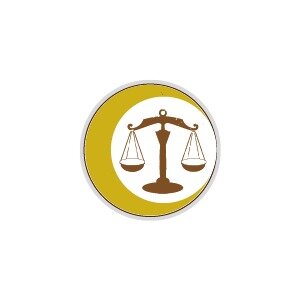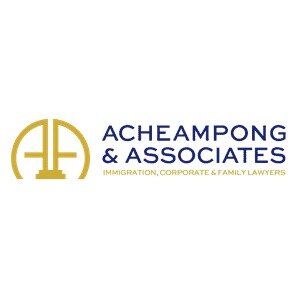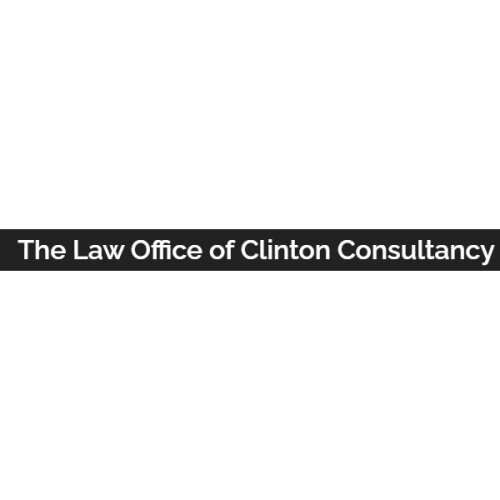Best Natural Resources Lawyers in Ghana
Share your needs with us, get contacted by law firms.
Free. Takes 2 min.
Or refine your search by selecting a city:
List of the best lawyers in Ghana
About Natural Resources Law in Ghana
Ghana is well-endowed with a variety of natural resources, including minerals such as gold, diamonds, bauxite, and manganese, as well as oil and natural gas. The country is also rich in timber and agricultural resources. Natural resources law in Ghana governs the exploration, extraction, and management of these resources to ensure sustainable development. The Ministry of Lands and Natural Resources oversees regulatory policies and practices, aiming to balance economic growth with environmental conservation and social governance.
Why You May Need a Lawyer
Legal assistance in the field of natural resources might be necessary for several situations. Common instances include:
- Acquisition of Mining Rights: Navigating the legal complexities surrounding mining rights can be challenging without expert guidance.
- Environmental Concerns: Issues relating to environmental impact assessments and compliance with environmental regulations might require legal expertise.
- Contract Negotiations: Entering into agreements with landowners, local communities, or other entities can often involve complex legal terms.
- Dispute Resolution: Conflicts may arise over land use, resource ownership, or compensation, needing legal intervention to mediate or litigate.
- Regulatory Compliance: Ensuring adherence to national laws and international standards can often require professional legal advice.
Local Laws Overview
Ghana's legal framework for natural resources involves various acts, regulations, and policies:
- The Minerals and Mining Act, 2006: This act regulates all aspects of mineral resource exploration and exploitation in Ghana.
- The Petroleum (Exploration and Production) Act, 2016: Governs the exploration and production of oil and gas resources.
- The Forestry Commission Act, 1999: Focuses on the management and regulation of forest resources.
- The Water Resources Commission Act, 1996: Manages the use of water resources, covering allocation and conservation.
These laws provide the framework for operational licenses, rights acquisition, and adherence to environmental protocols.
Frequently Asked Questions
What is the process for obtaining a mining license in Ghana?
To obtain a mining license, one must apply to the Minerals Commission, submit required documentation, and fulfill conditions set out in the Minerals and Mining Act.
Who oversees the management of natural resources in Ghana?
The Ministry of Lands and Natural Resources, along with various regulatory bodies like the Minerals Commission and the Forestry Commission, oversee natural resources management.
What are the taxes applicable to mineral production in Ghana?
Mineral production is subject to corporate income tax, mineral royalties, and other fiscal regimes outlined in specific legislation.
How are environmental concerns due to resource extraction addressed?
Companies must comply with environmental provisions and perform environmental impact assessments as required by law before commencing operations.
Can foreign investors participate in Ghana's natural resources sector?
Yes, foreign investors can participate, but they must adhere to specific legal requirements and often enter joint ventures with local entities.
What rights do local communities have in natural resource projects?
Local communities have rights to consultations and may receive shares of benefits through compensation and development programs.
How can disputes regarding natural resources be resolved?
Disputes can be handled through negotiations, mediation, arbitration, or litigation depending on the circumstances and agreements involved.
What role does the Ghana Environmental Protection Agency play?
The EPA is responsible for enforcing environmental laws and ensuring compliance with national standards protecting the environment from the adverse effects of resource extraction.
Is it mandatory to conduct a community impact assessment?
Yes, especially for large-scale projects, to evaluate how the project might impact local communities and to strategize mitigation measures.
What is the government's role in ensuring sustainable resource extraction?
The government implements policies and enforces laws to balance resource development with sustainable practices, ensuring long-term benefits.
Additional Resources
For further support, one can contact the following bodies:
- The Minerals Commission: Responsible for promoting and regulating the optimal and equitable exploitation of mineral resources.
- The Forestry Commission: Manages and conserves forest and wildlife resources.
- Environmental Protection Agency (EPA): Ensures environmental standards are met.
- Ghana Chamber of Mines: Offers information and advocacy services to mining companies and affiliated entities.
Next Steps
If you require legal assistance regarding natural resources in Ghana, you should:
- Identify the specific legal issue you are facing.
- Consult with or hire a lawyer who specializes in natural resources law.
- Gather all relevant documentation for your legal issue.
- Contact the appropriate regulatory body for guidance on your specific concern.
- Attend any necessary consultations, negotiations, or hearings with legal representation.
Taking these steps will help ensure you navigate the complexities of natural resources law effectively.
Lawzana helps you find the best lawyers and law firms in Ghana through a curated and pre-screened list of qualified legal professionals. Our platform offers rankings and detailed profiles of attorneys and law firms, allowing you to compare based on practice areas, including Natural Resources, experience, and client feedback.
Each profile includes a description of the firm's areas of practice, client reviews, team members and partners, year of establishment, spoken languages, office locations, contact information, social media presence, and any published articles or resources. Most firms on our platform speak English and are experienced in both local and international legal matters.
Get a quote from top-rated law firms in Ghana — quickly, securely, and without unnecessary hassle.
Disclaimer:
The information provided on this page is for general informational purposes only and does not constitute legal advice. While we strive to ensure the accuracy and relevance of the content, legal information may change over time, and interpretations of the law can vary. You should always consult with a qualified legal professional for advice specific to your situation.
We disclaim all liability for actions taken or not taken based on the content of this page. If you believe any information is incorrect or outdated, please contact us, and we will review and update it where appropriate.
Browse natural resources law firms by city in Ghana
Refine your search by selecting a city.



